Divestment Policy
Ethical and Sustainable Investment Approach
Nazarbayev University (NU) is committed to sustainability not only through its operational activities but also through responsible financial stewardship. While NU does not currently hold direct investments in carbon-intensive industries such as coal and oil, it promotes a philosophy of ethical, socially responsible investment aligned with the national and institutional goals for decarbonization and green transition.
Policy Direction and Strategic Alignment
Research and Academic Contribution to Low-Carbon Transition
Responsible Investment Pathway
Monitoring and Reporting
Integration of Sustainability Funding and Innovation Programs
- The importance of innovation in clean technologies.
- Support for sustainability leadership in education and research.
- Integration of green finance into its institutional development model.
From the NU Strategy 2030 document:
“NU will increasingly focus on developing diverse income streams, including economic activities, research grants, and commercialization, with a growing emphasis on partnerships in sustainability-driven sectors.”
“NU will increasingly focus on developing diverse income streams, including economic activities, research grants, and commercialization, with a growing emphasis on partnerships in sustainability-driven sectors.”
This implies an institutional shift away from fossil fuel-related revenues, paving the way for a divestment-aligned financial structure.
NU intends to align its future reporting mechanisms with:
- UN Principles for Responsible Investment (PRI)
- Global Fossil Fuel Divestment Guidelines
- ESG risk assessments and SDG-aligned metrics
- National carbon neutrality monitoring tools
SLL provides funding and mentoring for student- and faculty-led projects that address environmental and energy efficiency challenges on campus. Priority topics include:
- Green energy and energy-saving technologies
- Campus-wide waste reduction systems
- Sensor-based monitoring and automation
- Vertical gardening, hydroponics, and sustainable food systems
These programs enable NU’s community to test and scale low-carbon innovations, reinforcing the university’s long-term shift away from fossil-fuel dependencies.
Example Topics
Research Cluster
Focus Area
Example Action
Co-funding solar energy pilots with government and private sector
Green Research
Student Engagement
Internal Alignment
Collaboration
Partnerships with green tech startups and clean finance forums
Project Title
2023–2025
Dr. O. Karatayev
2023–2024
2023–2025
Focus Area
Years
Principal Investigator
Renewable energy systems
Perovskite solar cells, solar thermal integration, floating PVs
Metal hydrides, membrane technologies, fuel cells
Hydrogen and storage
Sustainable buildings
Heat pumps, passive design, net-zero retrofits
Grid efficiency and policy
Smart grid design, demand-side management, carbon offset policy frameworks
________________________________________________ is a strategic institution responsible for managing endowment and investment activities of NU with a focus on long-term value creation, transparency, and social impact. While NU does not currently publish a specific divestment policy document, the Development Fund’s operations are governed by principles that avoid high-risk or environmentally harmful sectors such as coal and oil extraction.
According to its public communications and annual reports, the Fund actively supports educational, research, and social projects that align with national development priorities, including the transition to a green economy and carbon neutrality. The Fund’s investment strategy integrates ESG (Environmental, Social, and Governance) criteria, prioritizing projects that deliver measurable social benefits, environmental improvements, and support for inclusive development.
According to its public communications and annual reports, the Fund actively supports educational, research, and social projects that align with national development priorities, including the transition to a green economy and carbon neutrality. The Fund’s investment strategy integrates ESG (Environmental, Social, and Governance) criteria, prioritizing projects that deliver measurable social benefits, environmental improvements, and support for inclusive development.
For example, in 2020, the Fund reviewed 150 applications and supported 9 social impact projects across education, healthcare, ecology, IT, and support for vulnerable groups. The Fund has also launched dedicated initiatives like Jas Social Impact to stimulate early-stage entrepreneurship among youth with a strong social or ecological mission.
This institutional orientation effectively positions the Fund as a driver of sustainable financing practices and ensures that its capital allocation reinforces NU’s values of environmental responsibility and ethical leadership.
This institutional orientation effectively positions the Fund as a driver of sustainable financing practices and ensures that its capital allocation reinforces NU’s values of environmental responsibility and ethical leadership.
Although NU does not have a published “divestment” policy per se, the principles embedded in its Strategic Development Plan 2030 signal a shift toward investment practices that align with Kazakhstan’s climate neutrality goals by 2060.
NU’s leadership in clean energy research underpins its financial and ethical stance. Between 2019 and 2025, the university implemented more than 20 research projects aligned with SDG 7:
In addition, the publication database (2011–2025) shows over 50 scientific articles focused on clean energy, indicating that NU’s institutional output consistently supports a post-carbon economy.
The School of Engineering and Digital Sciences (SEDS) at NU plays a leading role in developing and applying technologies that support the clean energy transition. Key projects include:
These initiatives demonstrate NU’s scientific and technological support for divestment-oriented strategies and provide applied research outcomes relevant to Kazakhstan’s shift to a green economy. (2011–2025) shows over 50 scientific articles focused on clean energy, indicating that NU’s institutional output consistently supports a post-carbon economy.

